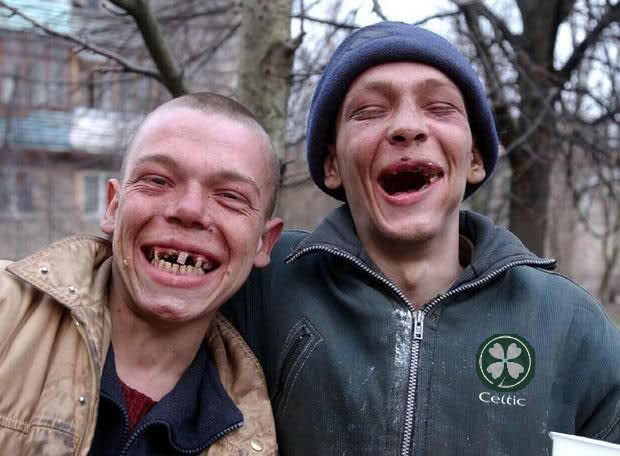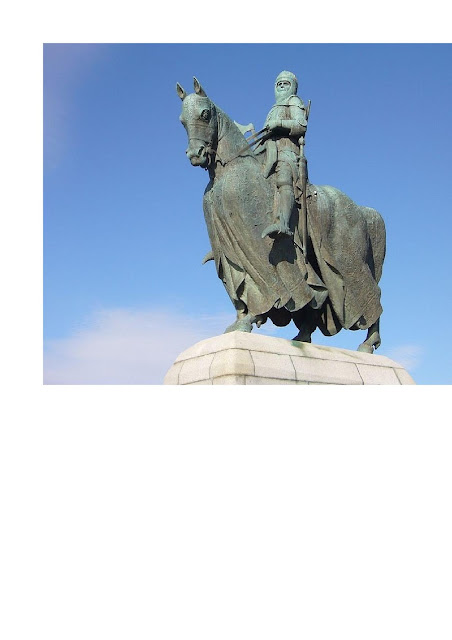
(Full
copyright to this photo belongs to comedian Jamie Andrew, who I'd like
to thank for putting this image in the public domain. I'd also like to
thank the two men portrayed in the photo, and the photographer, all of whose names I've unfortunately
not been able to find out.)
After Police Scotland, Survivor's Scotland, Scotland's Railways, One Scotland & Creative Scotland, we're
all real bam-pots not to have seen this one coming: Salmond has decided
to re-brand that loveable section of the Scottish population who sniff
glue, drink their weans disability living allowance & then give
their wives a real doin, all while relentlessly maintaining that
irresistible, gallows-type Caledonian patter -- yes, we're talking about
the jakeys -- as a part of Old Alba's socio-independent social fabric
that we can all feel good about. Jakeys Scotland.
Giving his press statement this morning not, as usual, from the oh-too
'Let me show you ma Peploes' -ambience of the steps of Bute House, but,
instead from in front of one of the few surviving old men's pubs down
the bottom of Leith Walk, Salmond was clearly revelling in his coup de grâce:
"For
decades we've felt uneasy about our Europe-topping levels of heart
disease, alcoholism & poverty-caused, very early deaths. With less
than 13 months to go to the Referendum, it would be ungracious of me to
start harping on about the W.H.O's 2002 report on people in certain
areas of East Glasgow dying, on average, aged 52, at least 22 years
earlier than citizens born in the same year in the west of the city. But
we need harp no longer:



